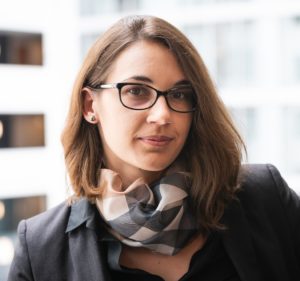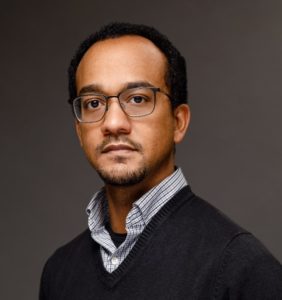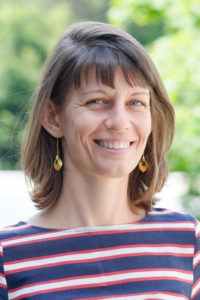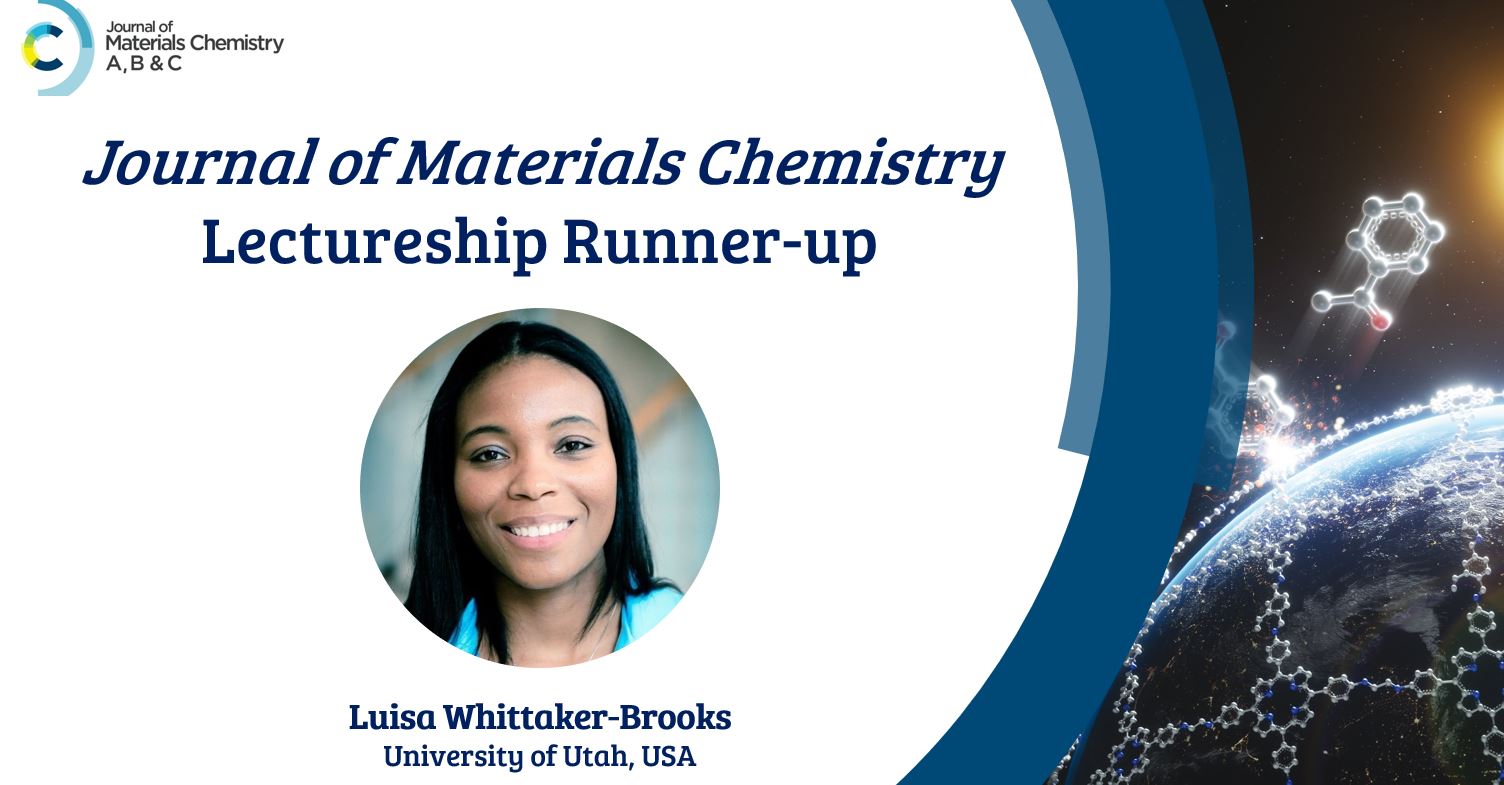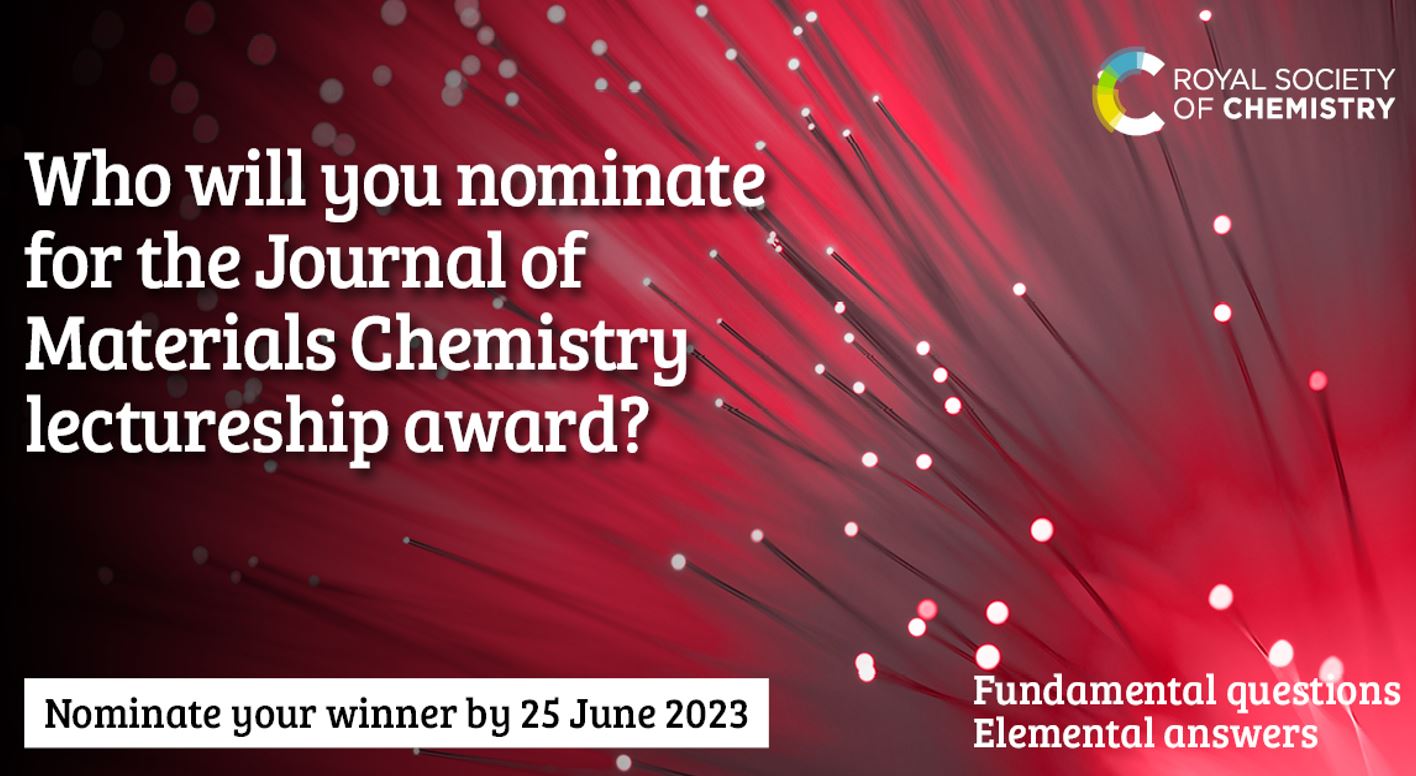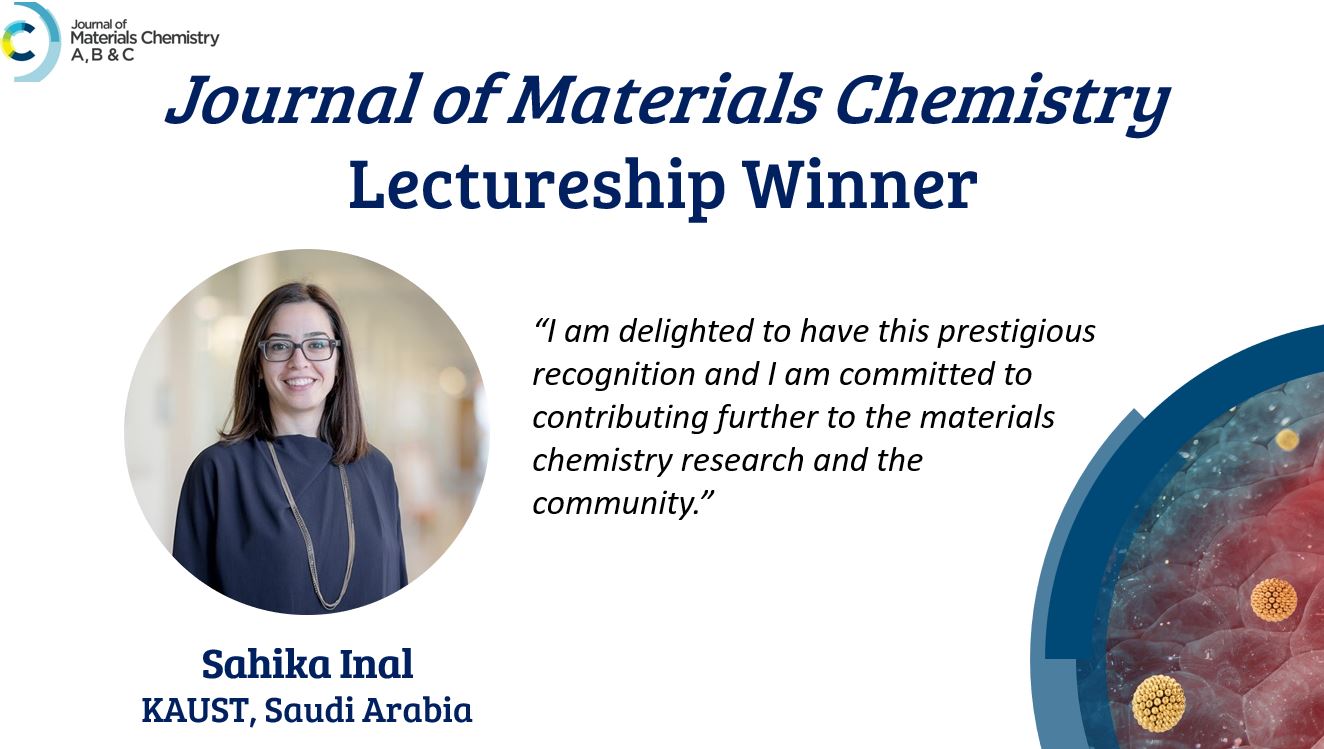Journal of Materials Chemistry Lectureship 2025
Nominate your candidate by 5 June 2025
Do you know an outstanding early-career researcher in materials chemistry who deserves recognition? We are delighted to announce that nominations are now OPEN for the prestigious 2025 Journal of Materials Chemistry Lectureship. Nominate your candidate by 5 June 2025 to be considered for the 2025 Lectureship award.
Established in 2010, this international lectureship honours early-career scientists who have made significant contributions to the field of materials chemistry, with previous recipients including Christopher Bettinger, Henry Snaith, Maria Escudero-Escribano, Jovana Milić and last year’s winner Raphaële Clément.
Eligible candidates must be in the early stage of their independent career in materials chemistry research, typically within 10 years of completing their PhD or within 5 years of their independent career and must have made significant contributions to the materials chemistry field. We require a letter of recommendation from the nominator and an additional supporting letter from a referee to support the candidate’s nomination.
For more information and details on eligibility criteria and how to nominate a candidate, please visit the Journal of Materials Chemistry Lectureship webpage.
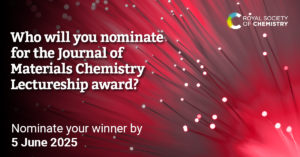
Celebrating our 2024 Lectureship winner and runners-up
Check out our interview with our 2024 Journal of Materials Chemistry Lectureship winner, Dr Raphaële Clément (University of California, Santa Barbara, United States) and our runners-up, Dr Maxx Arguilla (University of California, Irvine, United States) and Dr Phillip Milner (Cornell University, United States).
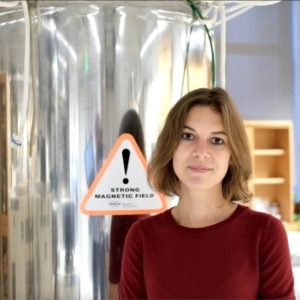
2024 Journal of Materials Chemistry Lectureship winner: Dr Raphaële Clément Dr Raphaële Clément is an Associate Professor in the Materials Department at UC Santa Barbara. She received her Ph.D. in Chemistry in 2016 from the University of Cambridge, working under the supervision of Prof. Dame Clare Grey. She then joined the group of Prof. Gerbrand Ceder as a postdoc at UC Berkeley. Since 2018, the Clément group at UC Santa Barbara is interested in establishing materials design rules, and in optimizing materials processing approaches to advance electrochemical energy storage. The group’s expertise lies in the development and deployment of magnetic resonance and magnetometry techniques (experimental and computational) for the study of battery materials and beyond, with an emphasis on real-time, operando analysis.
Dr Clément will be giving her Lectureship presentation at MC-17 in Edinburgh in July 2025. Register now to not miss out!
How did you feel when you were announced as the winner of the 2024 Journal of Materials Chemistry Lectureship? I was thrilled. This is a wonderful recognition of the group’s hard work over the years. I have been fortunate to work with talented students and postdocs, so this award goes to them too. Which of your JMC publications are you most proud of and why? This paper lead by a former student, Dr. Elias Sebti, is a textbook example of the impact of materials synthesis and processing on structure and properties. This is a study of a new class of Na-ion solid conductors, where solid-state NMR was key to understanding their complex defect and polymorphic landscape, and ion transport processes. I am proud of it because this was a complicated puzzle and we solved it! Do you have any advice for Early-Career researchers who wish to be nominated for the 2025 JMC Lectureship award? Don’t give up! There are many talented Early Career researchers out there, and only one receives the Lectureship every year. I applied several times and this paid off.
|
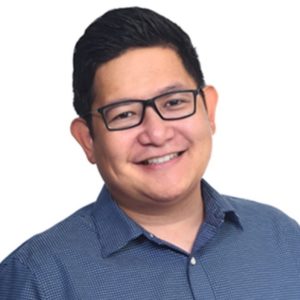 2024 Journal of Materials Chemistry Lectureship runner-up: Dr Maxx Q. Arguilla 2024 Journal of Materials Chemistry Lectureship runner-up: Dr Maxx Q. Arguilla
Maxx Q. Arguilla obtained his B.S. in Chemistry from the University of the Philippines Diliman, cum Laude, in 2011. After a one-year junior instructor position at UPD, he moved to the US and completed his Ph.D. in Inorganic Chemistry from The Ohio State University with Professor Joshua Goldberger in 2017. He then moved to MIT as postdoctoral fellow in Professor Mircea Dinca’s group, where he focused on the growth of one-dimensional van der Waals crystals and the evolution of their physical properties as they transform into ultrathin nanowires and on establishing the fundamental anisotropic physical properties of two-dimensional metal-organic frameworks. In July 2020, Professor Arguilla joined the UC Irvine Department of Chemistry as a tenure-track Assistant Professor. His research is focused on the discovery and chemical understanding of several classes of crystalline solid state materials comprising of sub-nanometer-thick inorganic chains that are held together by weak van der Waals (vdW) or ionic interactions.
How did you feel when you were announced as a runner-up of the 2024 Journal of Materials Chemistry Lectureship? Receiving the runner-up award for the 2024 JMC lectureship was a great honor for me, especially being alongside Prof. Clément and Prof. Milner who are both materials chemists whose work I truly admire! This award is special to me and my group as it recognizes our contributions in understanding the chemistry and physics of emergent 1D and quasi-1D solids that approach the sub-nanometer-thick regime. This was especially important for us, having started during the challenging times of the pandemic as many have thought these would be very challenging and almost impossible to create and study. Personally, this recognition was special as it came from one of the family of materials chemistry journals that I have followed consistently since my formative years during my graduate studies and has continuously shaped the science that I do in my independent career. Moreover, the previous awardees and runners-up are also materials scientists that I look up to and aspire to emulate. Most importantly, this award is truly a recognition of the tremendous collective effort of the members of my group and our network of collaborators who have dedicated their time, effort, and creativity in exploring an unusual and understudied class of low-dimensional solids. Which of your JMC publications are you most proud of and why? Do you have any advice for Early-Career researchers who wish to be nominated for the 2025 JMC Lectureship award? |
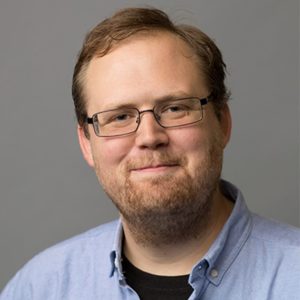 2024 Journal of Materials Chemistry Lectureship runner-up: Dr Phillip Milner 2024 Journal of Materials Chemistry Lectureship runner-up: Dr Phillip Milner
Phillip Milner (Phill) graduated from Hamilton College in 2010 with B.A.s in Chemistry and Mathematics, and went on to pursue his Ph.D. in Chemistry with Prof. Stephen Buchwald at MIT. There, Phill developed Pd-catalyzed fluorination and 11C-cyanation reactions of (hetero)aryl halides. Upon graduating from MIT in 2015, Phill joined the group of Prof. Jeffrey Long at the University of California, Berkeley, where he designed amine-functionalized metal–organic frameworks for CO2 capture. In 2018, Phill joined the Department of Chemistry and Chemical Biology at Cornell University, where his research is focused broadly at the intersection of organic, inorganic, and materials chemistry. Phill is a member of the Cornell Center for Materials Research (CCMR) and the Cornell Energy Systems Institute (CESI), a Cornell Atkinson Center for Sustainability Faculty Fellow, and a field member in the Department of Chemical and Biomolecular Engineering. Phill was promoted to Associate Professor with tenure in 2024.
Which of your JMC publications are you most proud of and why? It’s difficult to pick, but I would probably go with: Tristan A. Pitt, Haojun Jia, Tyler J. Azbell, Mary E. Zick, Aditya Nandy, Heather J. Kulik, Phillip J. Milner*. “Benchmarking Nitrous Oxide Adsorption and Activation in Metal–Organic Frameworks Bearing Coordinatively Unsaturated Metal Centers.” J. Mater. Chem. C, 2024, 12, 3164–3174. This project was spearheaded by a fantastic graduate student, Tristan Pitt, as part of his rotation project in our lab. It also sparked our on-going collaboration with Heather Kulik using theory to understand reactivity within metal-organic frameworks. All around a great in-depth study of a difficult problem (how to activate nitrous oxide using MOFs). Do you have any advice for Early-Career researchers who wish to be nominated for the Lectureship award? I would encourage folks to go after difficult problems and identify ways in which they can uniquely contribute to materials science. Working on the same problem in the same way as everyone else is a great way to boost your h-index but it does not help you stand out as a unique voice in the community. I always encourage students in my lab at least to think about how to be indispensable – the one person who can solve a particular problem in a new way. At which upcoming conferences may our community meet you? I will be at the Nanoporous Materials Gordon Research Conference in August, and Pacifichem in December!
We look forward to receiving nominations for the 2025 Lectureship award. If you have any questions about eligibility or the selection process, please get in touch with materials-rsc@rsc.org. |











